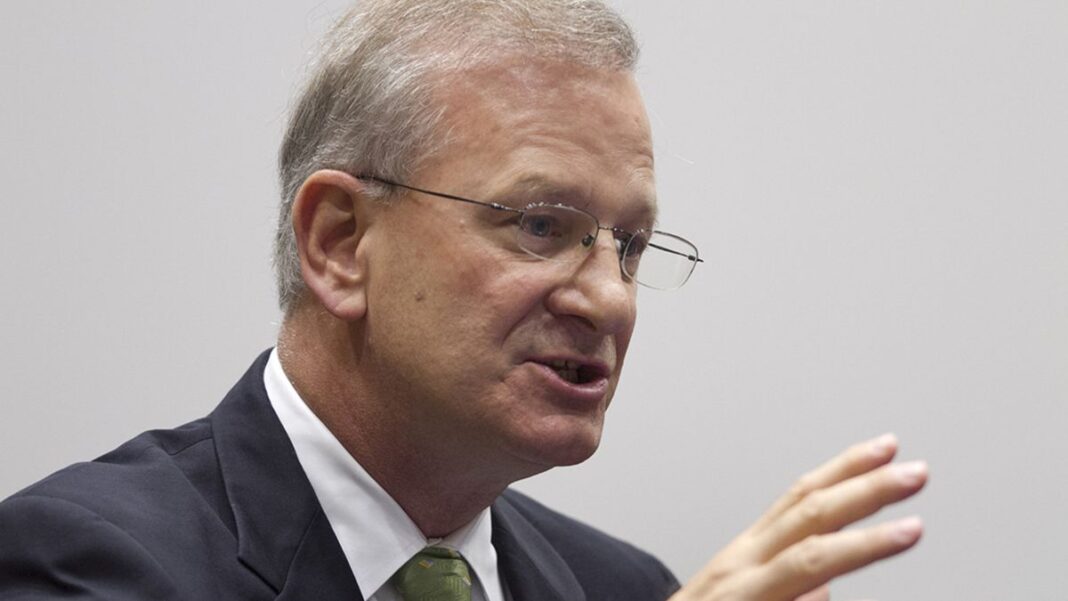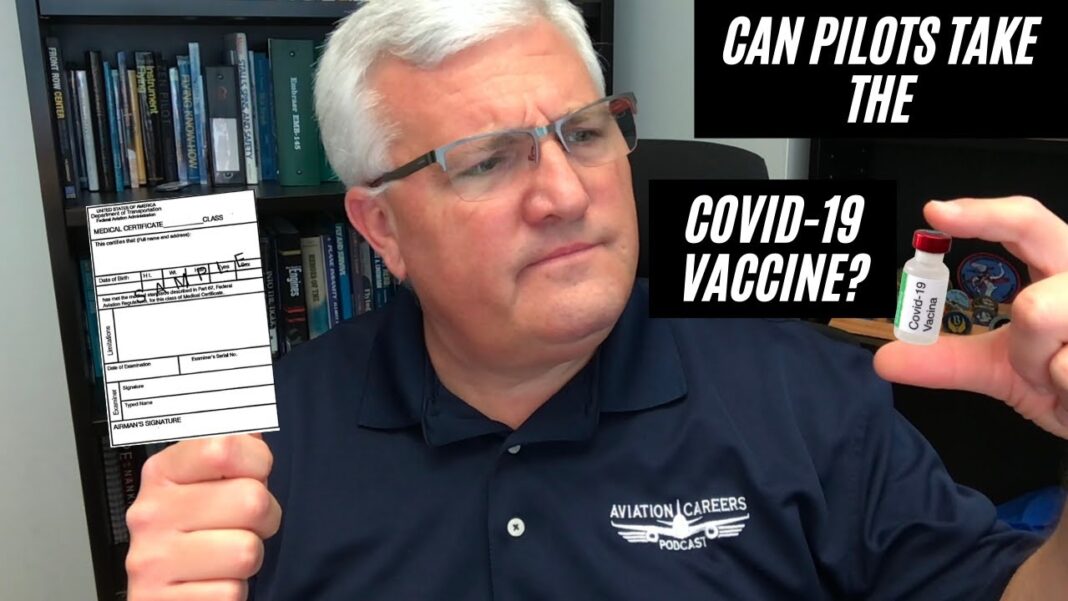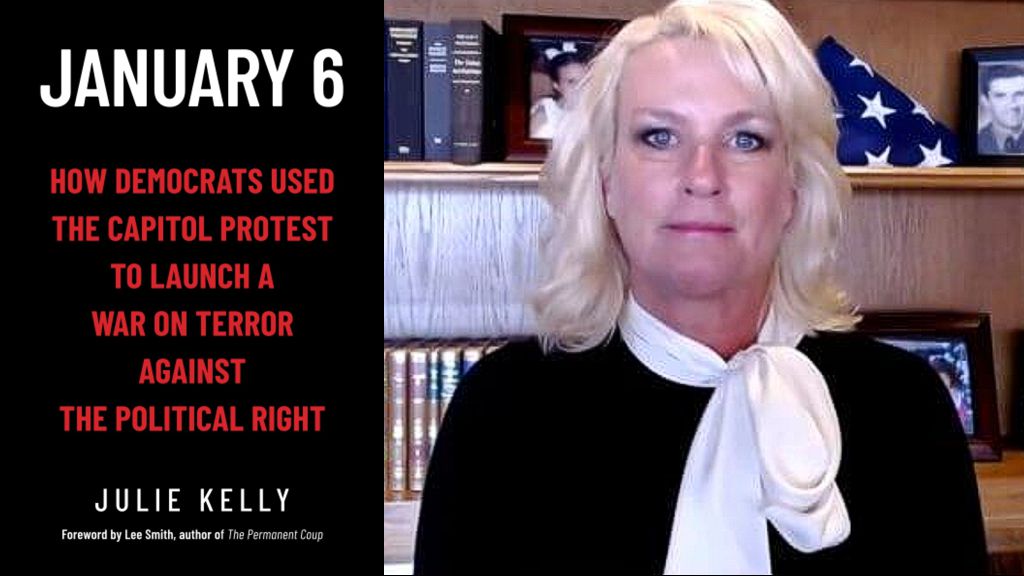
Thomas Hoenig knew what quantitative easing and record-low interest rates would bring.
Thomas Hoenig doesn’t look like a rebel. He is a conservative man, soft-spoken, now happily retired at the age of 75. He acts like someone who has spent the vast majority of his career, as he has, working at one of the stuffiest and powerful institutions in America: the Federal Reserve Bank. Hoenig has all the fiery disposition that one might expect from a central banker, which is to say none at all. He unspools sentences methodically, in a measured way, never letting his words race ahead of his intended message. When Hoenig gets really agitated he repeats the phrase “lookit” a lot, but that’s about as salty as it gets.
This makes it all the more surprising that Tom Hoenig is, in fact, one of America’s least-understood dissidents.
In 2010, Hoenig was president of the Federal Reserve regional bank in Kansas City. As part of his job, Hoenig had a seat on the Fed’s most powerful policy committee, and that’s where he lodged one of the longest-running string of “no” votes in the bank’s history.
Hoenig’s dissents are striking because the Fed’s top policy committee — called the Federal Open Market Committee, or FOMC — doesn’t just prize consensus; it nearly demands it. The committee likes to present a unified front to the public because it is arguably the most powerful governing body in American economic affairs. Hoenig’s string of dissents shattered that appearance of unanimity at a critically important time, when the Fed was expanding its interventions in the American economy to an unprecedented degree. It was a hinge point in American history, and the economy has never been the same since.
Between 2008 and 2014, the Federal Reserve printed more than $3.5 trillion in new bills. To put that in perspective, it’s roughly triple the amount of money that the Fed created in its first 95 years of existence. Three centuries’ worth of growth in the money supply was crammed into a few short years. The money poured through the veins of the financial system and stoked demand for assets like stocks, corporate debt and commercial real estate bonds, driving up prices across markets. Hoenig was the one Fed leader who voted consistently against this course of action, starting in 2010. In doing so, he pitted himself against the Fed’s powerful chair at the time, Ben Bernanke, who was widely regarded as a hero for the ambitious rescue plans he designed and oversaw.
Hoenig lost his fight. Throughout 2010, the FOMC votes were routinely 11 against one, with Hoenig being the one. He retired from the Fed in late 2011, and after that, a reputation hardened around Hoenig as the man who got it wrong. He is remembered as something like a cranky Old Testament prophet who warned incessantly, and incorrectly, about one thing: the threat of coming inflation.
But this version of history isn’t true. While Hoenig was concerned about inflation, that isn’t what solely drove him to lodge his string of dissents. The historical record shows that Hoenig was worried primarily that the Fed was taking a risky path that would deepen income inequality, stoke dangerous asset bubbles and enrich the biggest banks over everyone else. He also warned that it would suck the Fed into a money-printing quagmire that the central bank would not be able to escape without destabilizing the entire financial system.
On all of these points, Hoenig was correct. And on all of these points, he was ignored. We are now living in a world that Hoenig warned about.
The Fed is now in a vise. Inflation is rising faster than the Fed believed it would even a few months ago, with higher prices for gas, goods and automobiles being fueled by the Fed’s unprecedented money printing programs. This comes after years of the Fed steadily pumping up the price of assets like stocks and bonds through its zero-percent interest rates and quantitative easing during and after Hoenig’s time on the FOMC. To respond to rising inflation, the Fed has signaled that it will start hiking interest rates next year. But if that happens, there is every reason to expect that it will cause stock and bond markets to fall, perhaps precipitously, or even cause a recession.
“There is no painless solution,” Hoenig said in a recent interview. “It’s going to be difficult. And the longer you wait the more painful it will end up being.”
To be clear, the kind of pain that Hoenig is talking about involves high unemployment, social instability and potentially years of economic malaise. Hoenig knows this because he has seen it before. He saw it during his long career at the Fed, and he saw it most acutely during the Great Inflation of the 1970s. That episode in history, which bears eerie parallels with the situation today, is the lodestar that ended up guiding so much of Hoenig’s thinking as a Fed official. It explains why he was willing to throw away his reputation as a team player in 2010, why he was willing to go down in history as a crank and why he was willing to accept the scorn of his colleagues and people like Bernanke.
Hoenig voted no because he’d seen firsthand what the consequences were when the Fed got things wrong, and kept money too easy for too long.
By Christopher Leonard
Read Full Article on Politico.com
About Christopher Leonard
Christopher Leonard is a business reporter whose work has appeared in The Washington Post, The Wall Street Journal, Fortune and Bloomberg Businessweek. He is the author of The Meat Racket and Kochland, which won the J. Anthony Lukas Work-in-Progress Award. His new book, The Lords of Easy Money: How the Federal Reserve Broke the American Economy, is out January 11.








